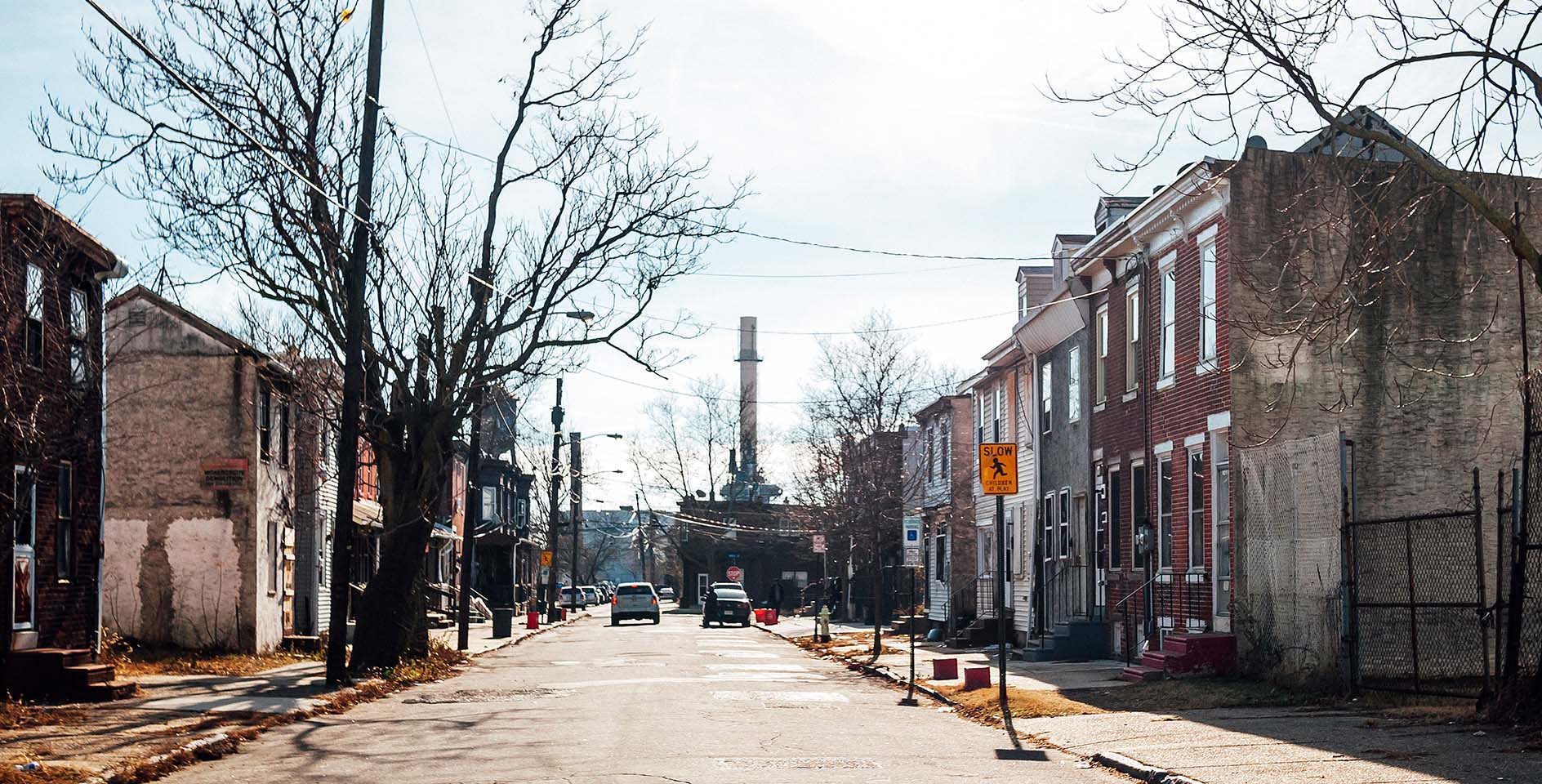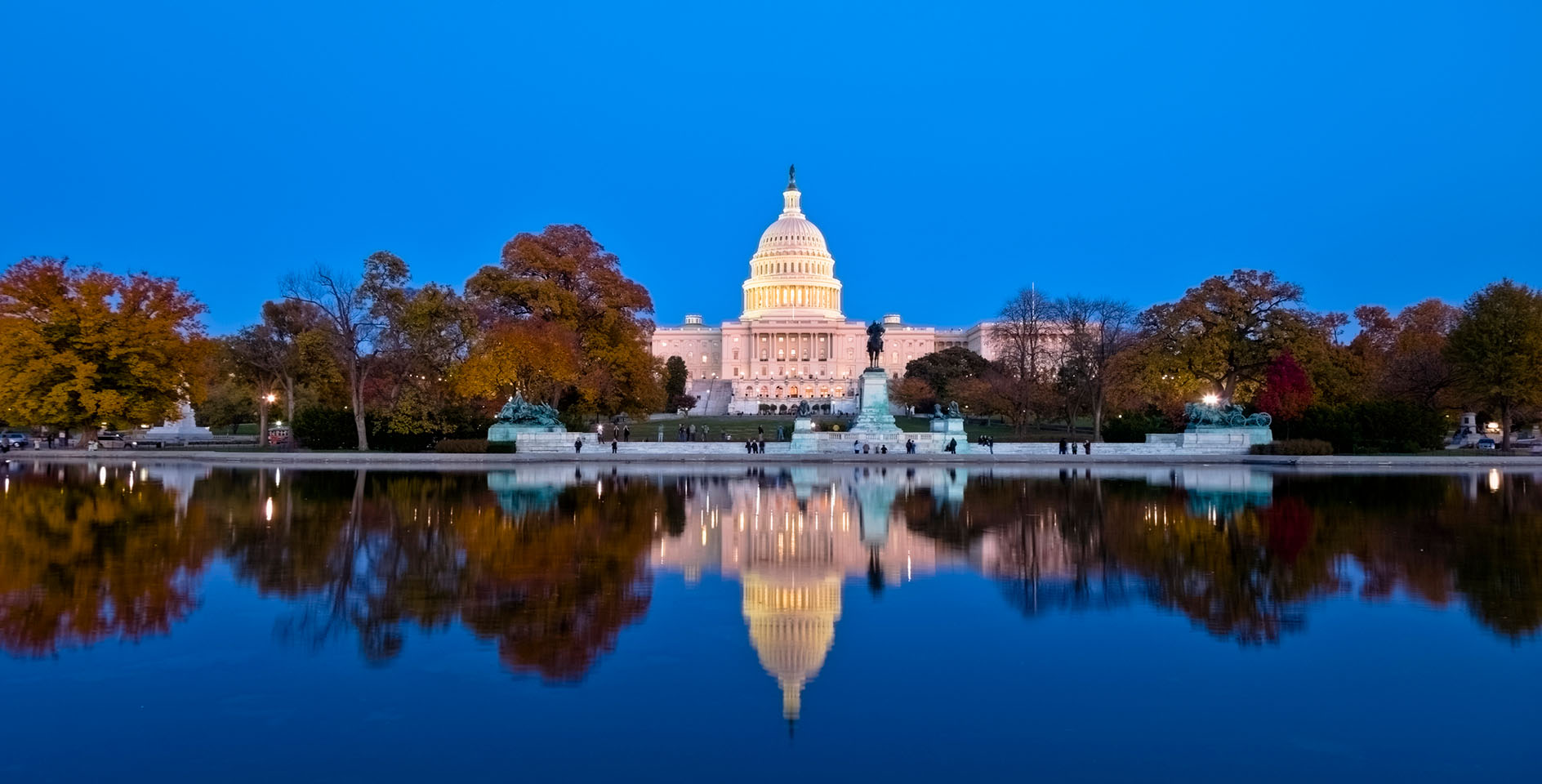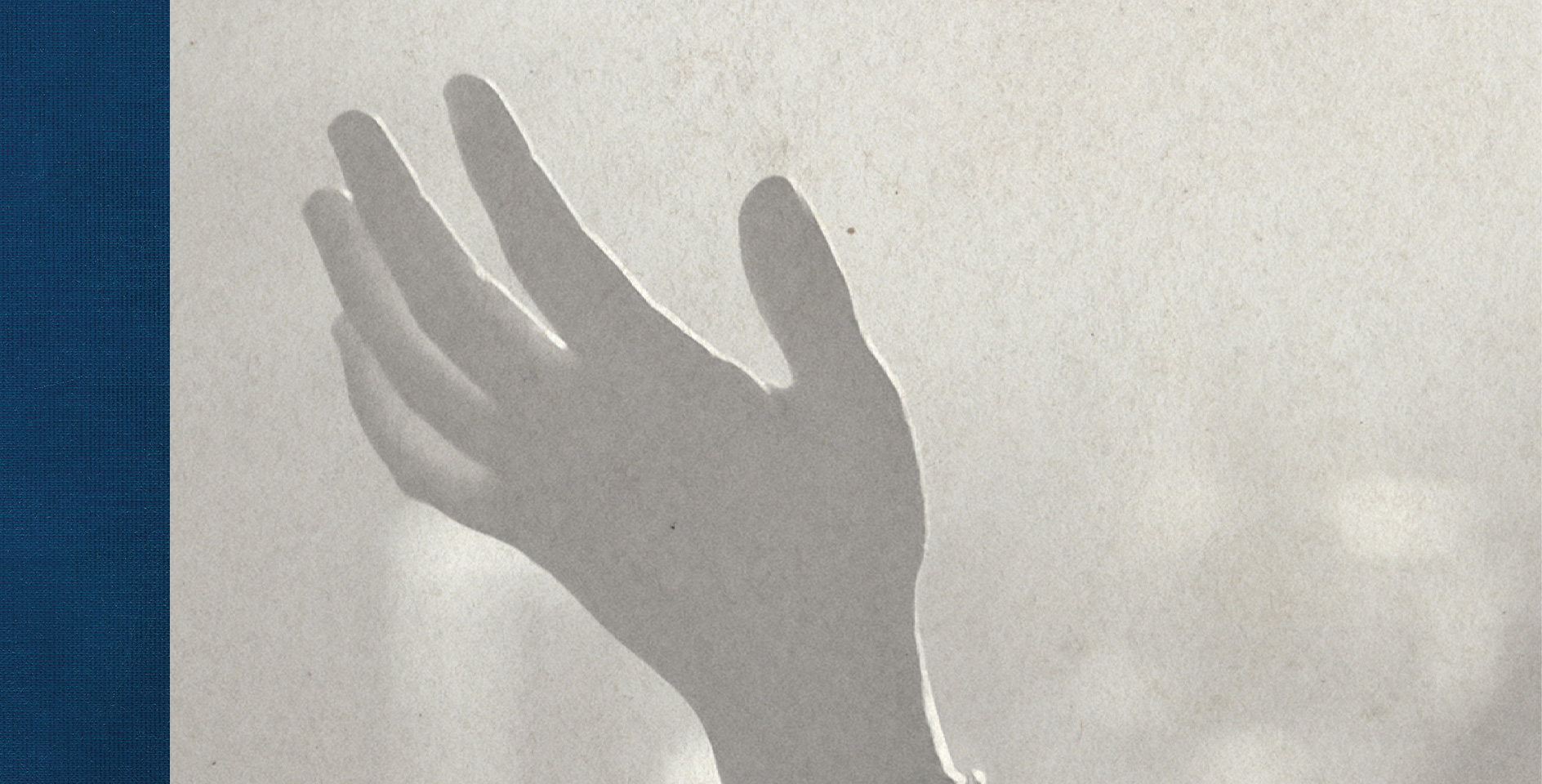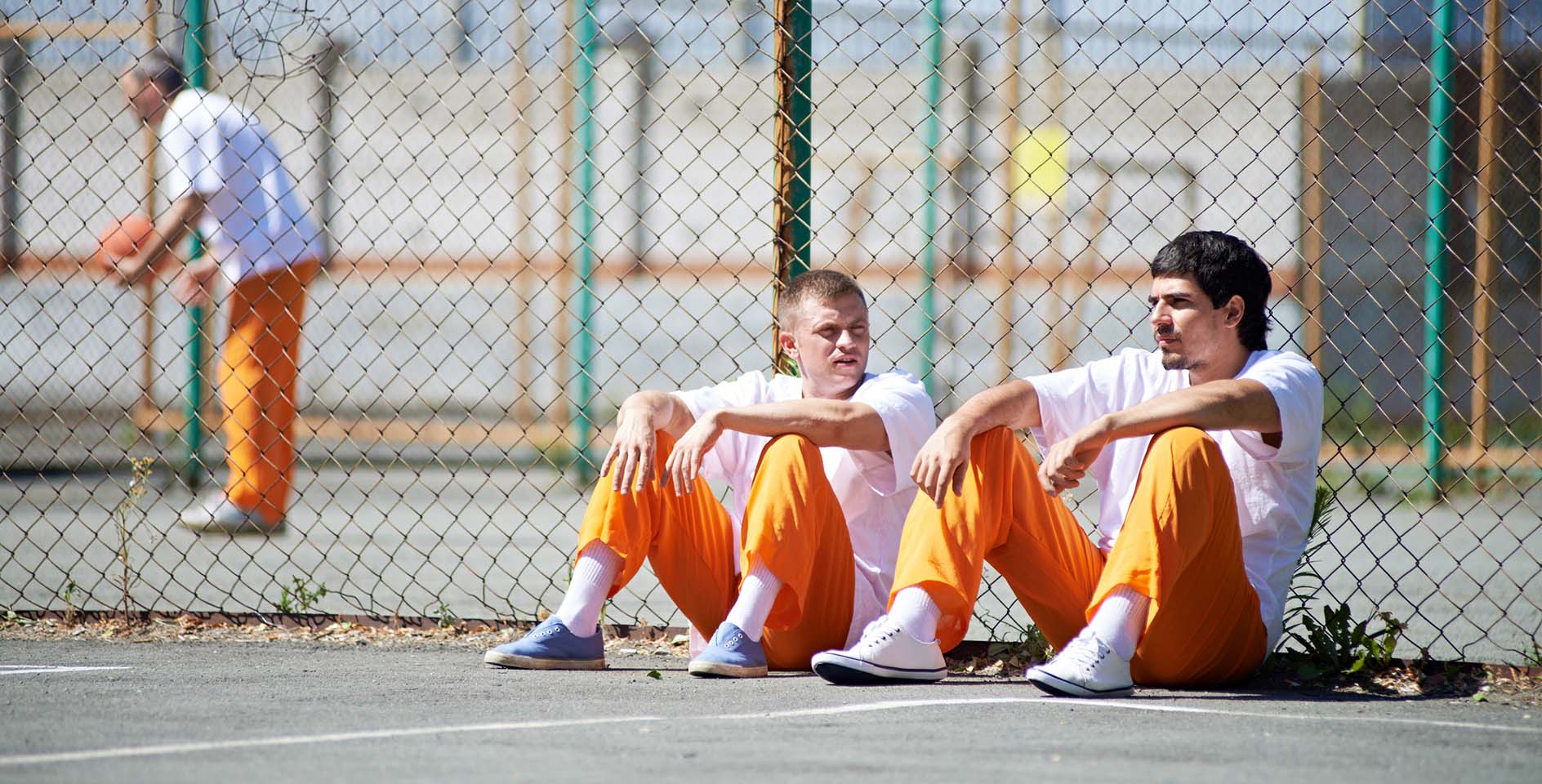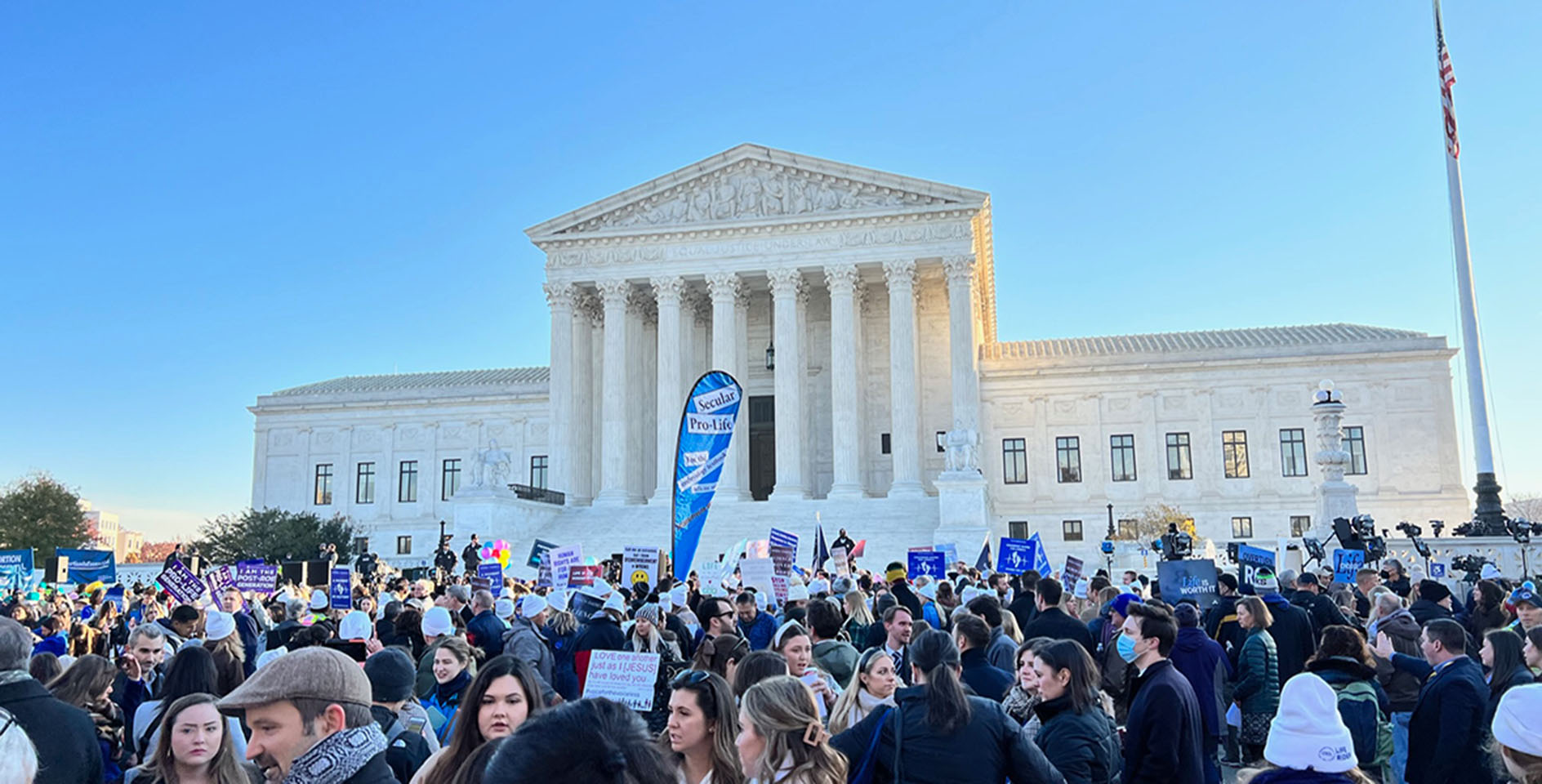The biblical mandate to seek justice and righteousness, especially for those who are vulnerable and marginalized, is clear throughout Scripture. God declared to his people, through the prophet Micah: “He has told you, O man, what is good; and what does the Lord require of you but to do justice, and to love kindness, and to walk humbly with your God?” (Micah 6:8)
Though our country is founded upon the ideals of “liberty and justice for all,” we often have failed to live up to that and have areas where we can do better. Sadly, many have been pushed to the margins of our society and been the victims of injustice because of realities like the evil of racism and the devastating grip of poverty. Through advocating for fair and impartial judgment, and equitable treatment of the unjustly oppressed and marginalized, we bear witness to a God who is ultimately the just Judge — and a gospel that saves all who believe, without partiality.
The Baptist Faith and Message offers guidance for how Christians ought to think about caring for the vulnerable and marginalized:
“In the spirit of Christ, Christians should oppose racism, every form of greed, selfishness, and vice, and all forms of sexual immorality, including adultery, homosexuality, and pornography. We should work to provide for the orphaned, the needy, the abused, the aged, the helpless, and the sick. We should speak on behalf of the unborn and contend for the sanctity of all human life from conception to natural death. Every Christian should seek to bring industry, government, and society as a whole under the sway of the principles of righteousness, truth, and brotherly love. In order to promote these ends Christians should be ready to work with all men of good will in any good cause, always being careful to act in the spirit of love without compromising their loyalty to Christ and His truth.”
Two areas where the ERLC is actively working for justice on behalf of the marginalized are in predatory lending and criminal justice reform.
Predatory lending
Payday lending is the term used to describe the practice of lending small amounts of money to people, usually $350 or less, for two-week periods, i.e., until their next payday. In return, the borrower pays interest on the loan when it is due at the end of the loan period. Because they are short-term loans, the borrowers aren’t always aware of the actual rates they are paying. The average annual interest rate on payday loans in the United States is 391%. This high-cost lending often leaves already impoverished families with crippling debts.
Unjust lending practices exploit the vulnerable, are predicated on consumer loss, and trap families in cycles of debt. Payday lending serves as a significant contributing factor to the economic struggle for many Americans. The practice of providing short-term cash loans at unreasonably high interest rates forces families and individuals to make financial decisions that are often impossible to recover from. Any lending practice that intentionally uses and exposes vulnerable individuals is unacceptable and should be strictly regulated by government protections.
In addition, it has been well documented that these lenders overwhelmingly hurt people of color and other historically marginalized communities through placing a disproportionate number of storefronts in predominantly Black neighborhoods and intentionally targeting people of color through online marketing.
In response to these issues, the ERLC, in partnership with the Faith for Just Lending coalition, is advocating in Congress for The Veterans and Consumers Fair Credit Act. This legislation would extend the protection of a federal annual interest rate cap of 36%, currently afforded to active-duty military members, to all Americans, including veterans and their families. The ERLC is also advocating for more stringent regulation of these lenders with the Consumer Financial Protection Bureau.
Criminal justice reform
The United States is home to less than 5% of the world’s population, and yet we have roughly 20% of the world’s prison population. A faulty assumption is at work in our criminal justice system: higher incarceration rates and longer sentences will automatically lead to safer communities and lower recidivism rates. Unfortunately, this conclusion has not proved true.
It is vital to realize that the statistics on incarceration do not simply represent data, but people. These are our neighbors who bear God’s image — sons, daughters, mothers, and fathers. A balance needs to be struck between upholding the law for community safety and dealing holistically with how we punish and rehabilitate individuals who break those laws.
Overcriminalization and poorly managed parole and reentry programs have created a crisis that negatively affects more than 65 million Americans with criminal records. It also consumes more than 80 billion dollars from state and federal agencies annually. Many studies have documented the racial disparities happening throughout our criminal justice system in policing, sentencing, and reentry. One of the most striking of those disparities is that Black inmates currently make up 38% percent of those incarcerated despite only accounting for about 13% of the U.S. population.
Government should commit to implementing a criminal justice system that supports the flourishing of communities and families. The ERLC is committed to advocating for thoughtful changes that strengthen families and reconcile offenders to their communities. We support legislative policies that seek to reduce high incarceration rates without jeopardizing public safety.
One such reform the ERLC is advocating for is the Recognizing Education, Employment, New skills, and Treatment to Enable Reintegration Act or RE-ENTER Act. The RE-ENTER Act allows federal offenders to request a federal certificate of rehabilitation. These certificates would assist offenders with obtaining occupational licensing, housing, and employment while protecting employers who hire these offenders. This is a practical way to extend a second chance to people earnestly looking to become a productive member of their community.
At the ERLC, we are committed to advocating in the public square for the well-being of all of our neighbors. Scripture shows us a picture of a God who sees, hears, and intimately knows the pain his people experiencing injustice (Ex. 2:24-25). As we follow Christ and seek to bring about his kingdom on earth, we must also choose to see the image-bearers being pushed to the margins of our society, hear their pain, and work to eradicate the injustices that prevent the flourishing of all.



